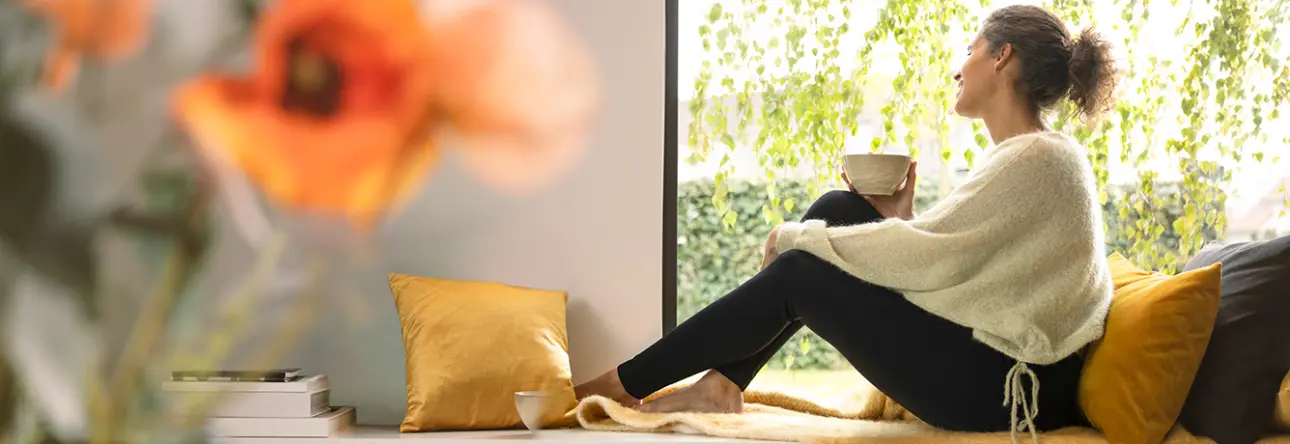
How do I save energy?
If you're looking to save energy, it's easy to get lost in endless lists of tips that don't work. And terms like "silent consumption," "energy studies," or "CEE score" can be overwhelming. We'll make it easy for you to save energy in a simple and effective way.
WHY IS IT IMPORTANT TO SAVE ENERGY?
Energy is expensive, but it is essential in our daily lives. We use it to cook, heat our homes, wash clothes and much more. Saving energy not only reduces the fixed costs of a home, but also benefits the environment and our health. Therefore, being efficient and conscious with energy consumption is a smart decision.
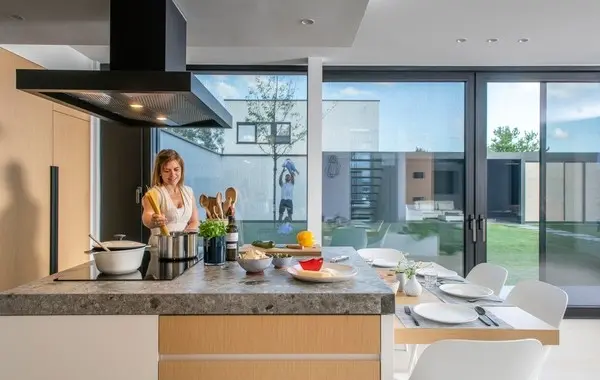
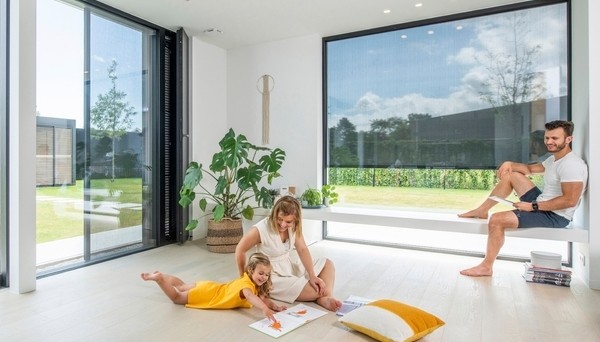
QUICK WINS TO SAVING ENERGY AT HOME
How can I save energy? It's easier than it seems and can be achieved with small changes at home and in your daily routine. Opting for LED lighting, washing clothes in cold water, using a bicycle to go to work or taking shorter showers are simple but effective actions. Added together, these small decisions have a significant impact on energy consumption.
WAYS TO SAVE ENERGY
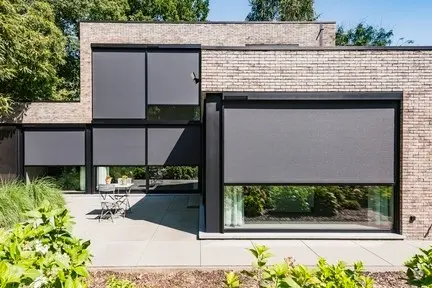
Blinds
Blinds help keep heat out of the home and therefore prevent the air conditioning from being turned on inside the house. Solar powered blinds save you more energy, solar energy is free so running your blinds won't cost you a penny.
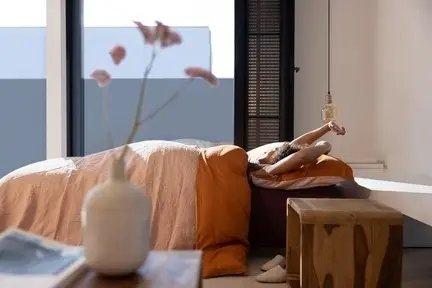
Night coolness
Vents allow cool night air into your home, allowing you to safely cool it down.
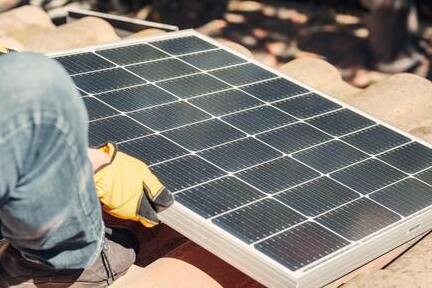
Solar panels
With solar panels on your home roof you can power other appliances and home technologies. A sustainable investment with long-term returns.
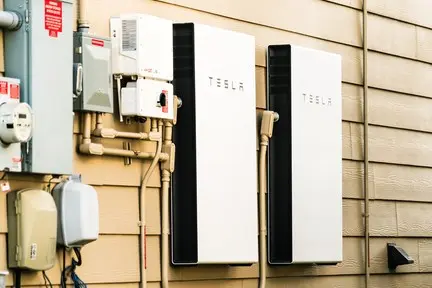
Home battery
Capturing free solar energy is one thing, making the most of it is another. A home battery stores energy in this way, so you can use it whenever it suits you, without paying more.
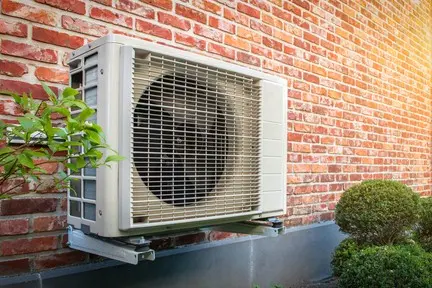
Heating
Heating is one of the most energy-intensive elements of your home. With a heat pump you can use energy from the ground or air to heat or cool your home.
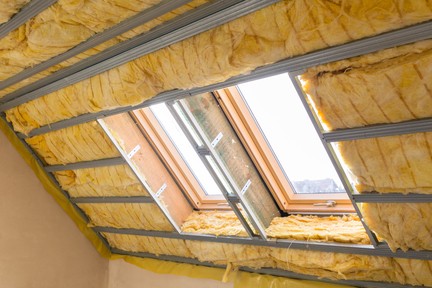
Isolation
Insulating a home keeps the heat outside, while in winter the cold stays outside.
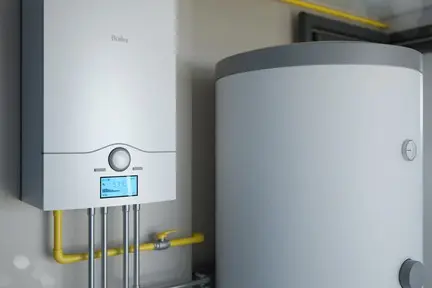
Low consumption heating boiler
A modern boiler has lower consumption thanks to its efficient combustion technology .With this type of low-consumption boilers, heating costs will decrease significantly.
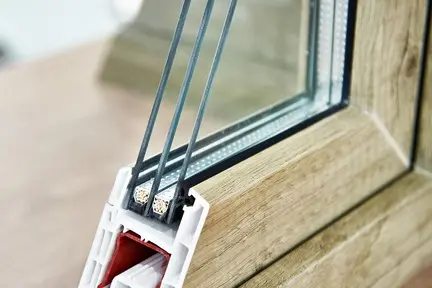
High performance glass
Heat is lost quickly through glass surfaces. High-performance glass combats heat loss thanks to its design.
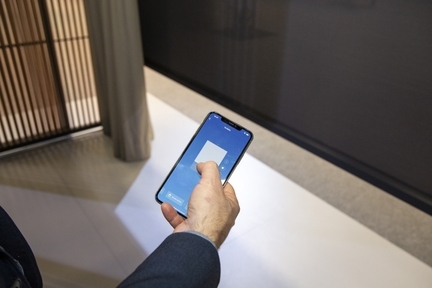
Smart home automation system
With a smart home automation system you will have control of your home at all times, regardless of where you are.You will be able to save energy with the perfect adaptation of these sustainable techniques.
What shouldn't you save on?
As energy prices rise, so do tips on saving energy. While many recommendations can be helpful, it is important to avoid measures that compromise health, such as turning your home into an airtight space without adequate ventilation. Breathing fresh air at home is essential, so you shouldn't skimp on ventilation.
1. Lower the heating and close everything: risk of humidity
Reducing the temperature in winter is a common and effective practice, but it should never be lower than 16 °C. If you also seal the house completely, you run the risk of the air not circulating properly, which encourages the accumulation of humidity and the formation of mould. This not only damages the home, but also affects the health of its inhabitants.
If you have a well-maintained mechanical ventilation system, it will remove excess moisture, CO2 and odours, ensuring healthy indoor air. Otherwise, moisture will remain trapped inside the home. To assess humidity levels and air quality, tools such as a CO2 meter can be helpful.
2. Opening the windows is not always the best solution
Opening a window provides fresh air momentarily, but does not guarantee efficient ventilation. In winter, cold air entering the room can cause condensation and mould if there is no adequate ventilation system. The best option is to have a continuous and controlled ventilation system that guarantees clean air without wasting energy.
Modern central ventilation systems operate on demand, increasing ventilation only when necessary, such as in the morning in the bathroom or at night in the bedroom. They also automatically return to a base level when there is no activity in the home, ensuring a healthy environment without increasing energy consumption.
3. Never turn off the ventilation system
As tempting as it may seem to reduce energy consumption, turning off the ventilation system or completely closing the air vents can seriously affect the air quality in the home. An average family generates about 10 liters of humidity a day just through everyday activities such as cooking, washing and breathing. In addition, indoor air can accumulate polluting particles, mites, dust and odours.
With up to 90% of our time spent indoors, ensuring adequate ventilation is more important than ever. Automatically controlled ventilation systems remove CO2, moisture and odours without manual intervention, ensuring clean and healthy air efficiently. In addition, heat recovery ventilation systems prevent temperature loss, optimising energy consumption.
If your home does not have space for central ventilation, you can opt for decentralized systems with CO2 sensors, which regulate air flow efficiently and guarantee a healthy environment without compromising energy savings.
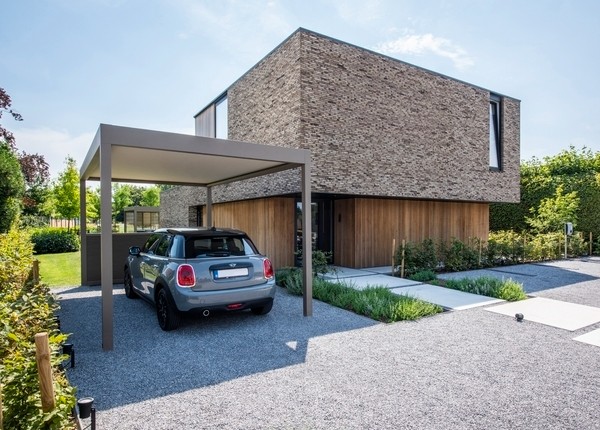
IS YOUR HOME ENERGY EFFICIENT?
The energy efficiency of a home is reflected in the Energy Performance Certificate (CEE), a mandatory document for the sale or rental of properties. A certified energy expert assesses the home through an inspection and analyses aspects such as materials, insulation and tests provided by the owner.
The result is a CEE rating ranging from A+ (excellent) to F (very poor). In addition, factors such as natural light and indoor air quality influence the score, so having sun protection and a good ventilation system can significantly improve the energy efficiency of the home.
A LOW CONSUMPTION HOUSING WITH RENSON
To enjoy an energy-efficient home, conscious use of energy is essential. In addition, certain products can make a difference in consumption and energy bills.
At Renson, we harness the best of nature with innovative solutions for both interiors and exteriors. Sun protection and ventilation play a key role: the former keeps the sun’s heat at bay in summer, reducing the need for air conditioning, while an efficient ventilation system ensures optimal air circulation and night-time cooling, minimising the use of artificial heating and cooling.
Investing in these solutions not only improves the comfort of your home, but also contributes to a more sustainable future.